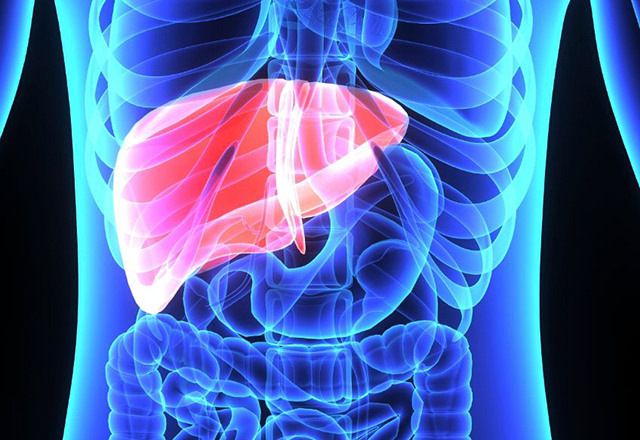Although the development and use of biomarkers in liver transplantation has progressed in recent years, challenges and limitations remain, according to presenters at the American Transplant Congress 2022.
Thomas D. Schiano, MD, professor of medicine and liver diseases at Mount Sinai in New York, told attendees that among transplant patients, biomarkers should monitor short- and long-term graft function, predict acute and chronic disease development, assess donor organ quality or monitor response to therapeutic intervention. Further, biomarkers should have external validation. Read the full article in Healio.


